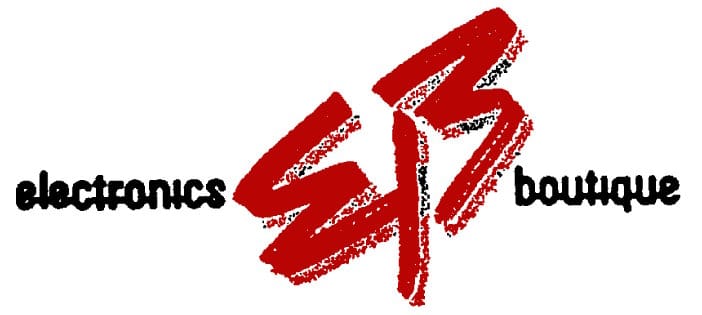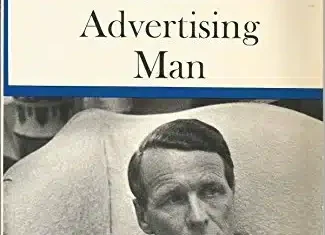Loyalty cards have been a hot item for stores for quite a while now, but the word “loyalty” doesn’t really fit. Call it a “discount” card if you want, but the cards don’t actually create loyalty from customers. They might help with repeat sales, but don’t confuse “good discounts” with actual loyalty.
In the book “The Human Brand“, the authors share three simple stories of companies that intentionally skip these silly programs.
Publix
A handful of companies, some with enviably loyal customers, refuse to use the Internet to play the loyalty and rewards card game. Among them is Publix supermarkets, one of the most beloved grocery chains in the southeast United States. “Publix does not have a loyalty card program because we don’t think you should need a card to save money at Publix,” a spokesperson for the company once stated. “We value all of our customers and we want them all to have a pleasant shopping experience.
In the time since the book was written, however, Publix has added the “Club Publix” loyalty program, going against what they said above.
Lululemon
Lululemon has perhaps the most loyal customers in retail today, and Lululemon has no loyalty or “rewards” program at all. In fact, Lululemon doesn’t even keep data on its individual customers. It spends no money at all on the customer relationship management software (known as CRM) that many retailers rely on to send out little birthday cards, teasers, and discounts to their most loyal customers.
Zappos
As a result, Zappos generates 75 percent of its sales every day from repeat customers—with no need for discounts, mass advertising, or rewards-based “loyalty” programs. We know when we are really appreciated.
The last line explains all of it — we know when we are really appreciated. A discount card is nice, but actually knowing and helping your customers goes much further.
As a teen, I did this rather unintentionally when I worked at Electronics Boutique, a video game store later purchased by GameStop. We were a small store in mall in a fairly small city, so I knew many of our customers by name.
- “Steve, can you believe they only ranked Barry Sanders at a 96 in Madden? He should be 100!”
- “John, I know you really like WarCraft, so you need to check out the new StarCraft game that just came out.”
It helped that we didn’t have the price competition of the internet like today, but just getting to know our customers made all the difference.
To be fair, the “unintentional” part was entirely true for me. I was just getting paid to hang out in a video game store, so I didn’t know any better, but just hanging out and getting to know our regular customers turned out to be far more effective than any loyalty card could have been.
People know when they’re appreciated.




